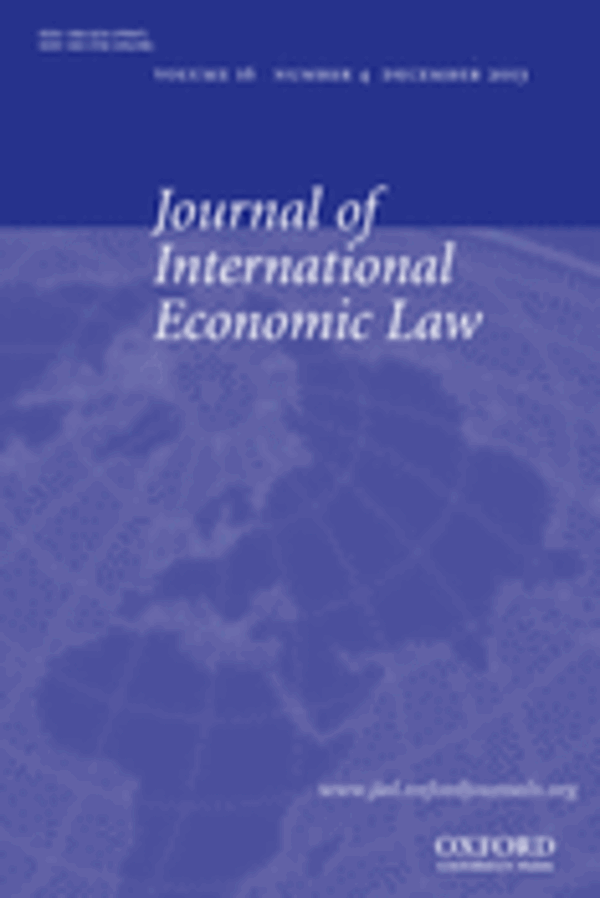Publication
- Georg C. Umbricht
Journal of International Economic Law 4(4), Oxford University Press, London, 2001, pp. 773-794
An "Amicus Curiae Brief" on Amicus Curiae Briefs at the WTO
This article first analyses the nature of the institution of amicus curiae. Next, the article outlines different options for tackling the amicus question by the WTO dispute settlement bodies and highlights the complexities thereby entailed, drawing a distinction between policy arguments and legal arguments. If it is not through a package deal at a ministerial conference, it is less likely that actions by the political bodies of the WTO will succeed. Finally, the author concludes that amicus curiae briefs, for systemic reasons, should in the future only be allowed at the panel level, and not at the appellate level. The article further suggests that, ideally, the initial submissions of the parties should be made public ab initio in order to allow the best possible exchange with non‐governmental experts and views.
